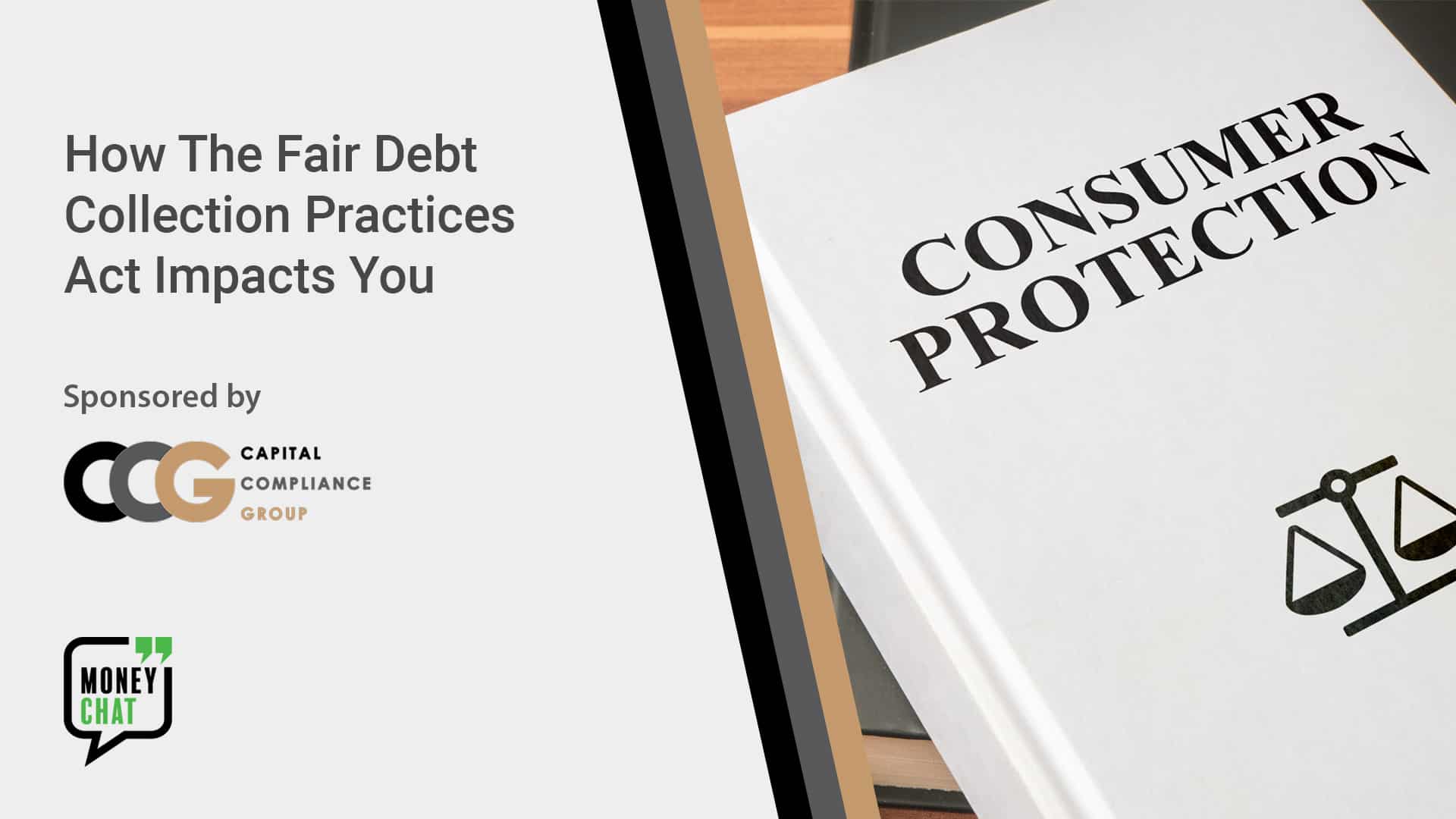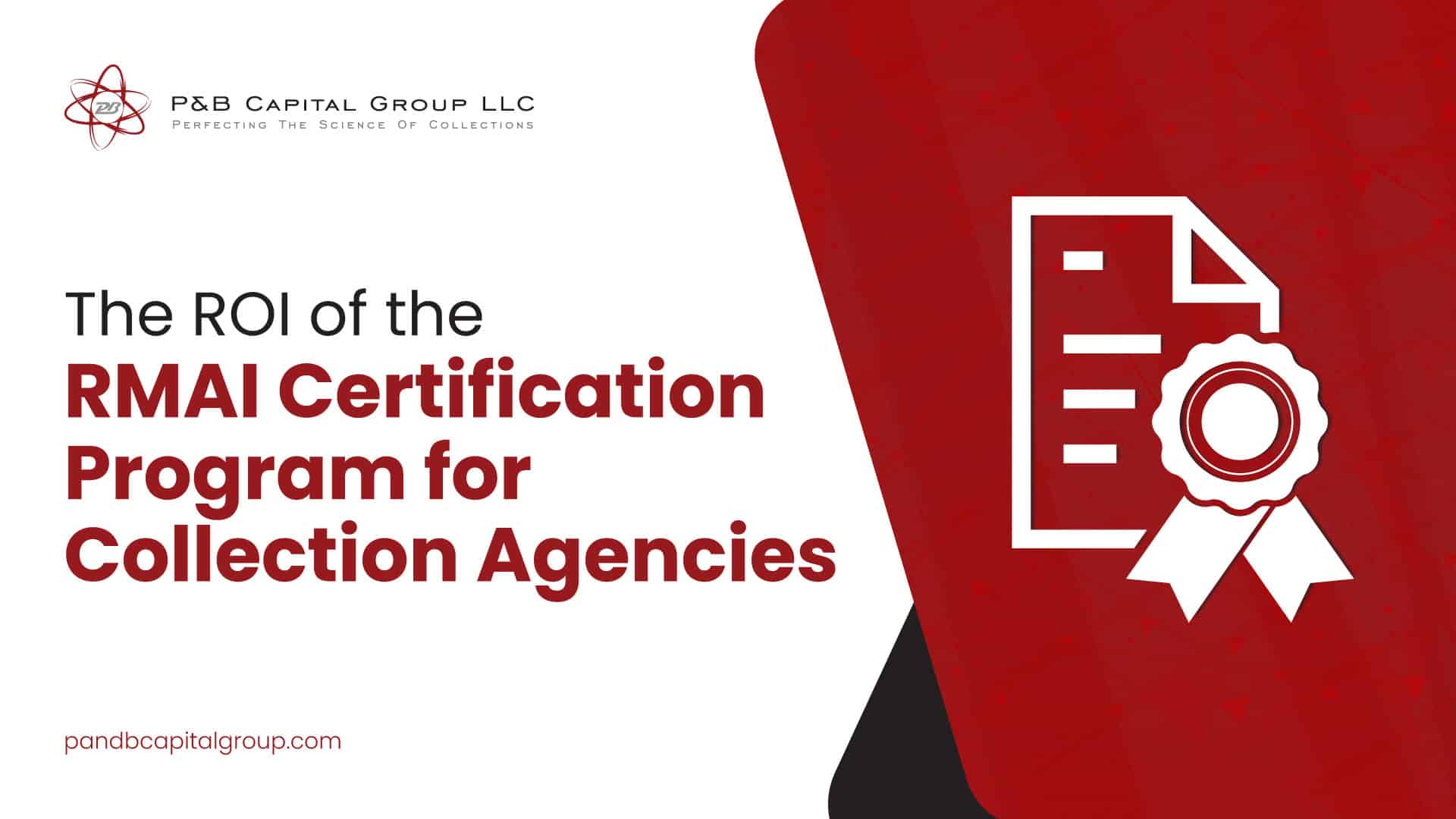
How The Fair Debt Collection Practices Act Impacts You
Debt collection carries one of the largest negative connotations in the financial sector. Addressing previous unfair debt collection practices, the United States Congress passed the Fair Debt Collection Practices Act (FDCPA) in 1977 to reshape how third-party debt collection should be handled.
The FDCPA was focused on three main goals: The bill covered when, how, and how often a third party-debt collector can contact you; It set limits on who else the debt collector could contact about that debt, and it set up legal recourse should a third-party collection agency violate the legislation.
Over the last 50 plus years, the industry has evolved but the fundamentals have remained the same. So how does the Fair Debt Collection Practices Act work in its current form and how does it impact you?
What Is Covered Under The FDCPA?
Formally, the FDCPA is an amendment to the Consumer Credit Protection Act of 1968. The CCPA was the first major step in the United States to help workers fight against poor debt collection methods. However, what quickly became apparent was that the protections did not go far enough. While the Credit Protection Act protected consumers’ wages, the FDCPA looked at protecting their families and lives beyond the workplace.
Since the FDCPA was fully enacted in 1978, restrictions have been placed upon third-party collection agencies. Third-party is a key term as first-party, or personal debt, is not protected under this amendment. For example, if you owe money directly to your local auto shop, that debt is not covered by the act. However, if you default on your loan and your debt is sold to a collection agency, different restrictions apply to the third-party collector.
The most common debts covered under the FDCPA are credit cards, auto loans, medical bills, student loans, mortgages, and other household debts. Business debts are not covered.
How Is The FDCPA Enforced?
The most well-known aspect of the FDCPA has been the time frame in which collection agencies can call you. Unless an arrangement has been made beforehand, a debt collection agency may only call you between 8 a.m. and 9 p.m. local time. Within five business days of first contact, a debt collector must provide you with a validation notice that includes how much money you owe, the name of the creditor to whom you owe the money, and your window to dispute the claims and charges.
Through the initial contact phase, the FDCPA protects you from harassment from the collection agency. A third-party debt collection agency is not allowed to threaten, repeatedly call, or harass you in any way. Nor is the agency allowed to lie under any circumstances surrounding the nature of your debt. Furthermore, an agency is only allowed to discuss your debt with your spouse or legal guardian should you be under the age of 18.
The FDCPA does not stop a collection agency from inquiring about how best to reach you should you be unavailable via phone, emails, or text. A third-party agency is obligated to reach out to known associates and places of work while not revealing their intent. In addition, a collection agency is only allowed to contact a third party once for this information.
Should you dispute your debt, or wish to be left alone by the collection agency, you are allowed to request that the agency not contact you in the future – or only contact your legal representative. A letter must be mailed to the third-party collection agency within 30 days of receiving your first contact. This method does not stop the agency from collecting your debt via other legal means and the Federal Trade Commission, which has legal jurisdiction over FDCPA disputes, recommends that you speak with the collection agency at least once to review the debt being questioned.
Evolution Of The FDCPA
Over the last few decades, the nature of the FDCPA has changed. The 2008 financial crisis brought about new regulations and enforcement techniques for debtors and collectors alike. The largest being the formation of the Consumer Financial Protection Bureau (CFPB) in 2011 as a direct response to the predatory lending practices leading to the Great Recession. The CFPB’s direct role in government is to provide educational materials on financial literacy and protection while accepting complaints about predatory practices within many financial institutions including banks, lenders, and receivables companies.
Because of the FDCPA and the CFPB enforcing safe, fair, and transparent debt collecting practices, many of the accounts receivable management (ARM) industry has focused more on consumer relationships and building trust. Every reputable organization in the ARM industry is trained to comply with all legal standards and requirements. Due to the growth of the industry, major organizations have stepped up to help ARM remain self-regulating and compliant. Organizations like The Association of Credit and Collection Professionals (ACA International) and the Receivables Management Association International (RMAI) have become beacons of fair practices in an industry once plagued by a very poor image. The RMAI Certification has been an example for the receivables industry self-regulating industry participants through their ever-strengthening standards.
Many ARM companies have also gone beyond the typical compliance standards and worked to become more transparent with accreditations from various organizations like the Better Business Bureau.
Fair Credit Reporting Act
Along with the established financial fairness standards, the Fair Credit Reporting Act (FCRA) forms the final piece of legislation that protects consumers’ rights in the United States. While the FDCPA directly acts upon the practices of debt collectors, the FCRA protects consumers’ financial information – specifically credit information – from any predatory companies. These two acts often work hand-in-hand and form the tent poles of consumer protection.
Failing To Comply
Should you feel that you’ve been unfairly treated by a third-party agency looking to collect, the FDCPA provides several major recourses. Under the FDCPA, if a collection agency is deemed to have violated the act, they would be liable for not only the damages of failing to comply, but also individual action by the debtor up to $1,000 and any attorney fees over the course of the action.
If you feel like a collection agency has gone too far, you should also reach out to the collection agency and its affiliates as many ARM industry agencies have their own complaint and compliance directors to monitor their progress. As part of the ongoing effort to modernize and secure the ARM reputation, many organizations will work with consumers instead of working against them to resolve outstanding debt and any complaints about noncompliance.
Additional Financial Resources
If you want to learn more about financial literacy or your rights as a consumer, please visit the Receivables Info Resources Page.
Have An Idea For A Money Chat?
We want to hear from you! If you have a suggestion for a future Money Chat topic, please email us at [email protected].
The information contained in this article is meant to serve as general guidance for consumers and not meant to serve as comprehensive financial advice. For questions about your individual circumstance, finances, or accounts, please contact your creditor(s) and/or financial advisor directly.
Thank You To Our Sponsor
This article was sponsored by Capital Compliance Group. Headquartered in Franklin, TN, is a boutique consulting firm with a focused specialty in collection agency licensing, certification, and compliance for the receivables management industry. Capital Compliance Group helps many companies expand into additional states, get bonds and licensing, earn RMAI, and other certifications, and meet compliance standards, all of which create bottom-line results for our clients.




